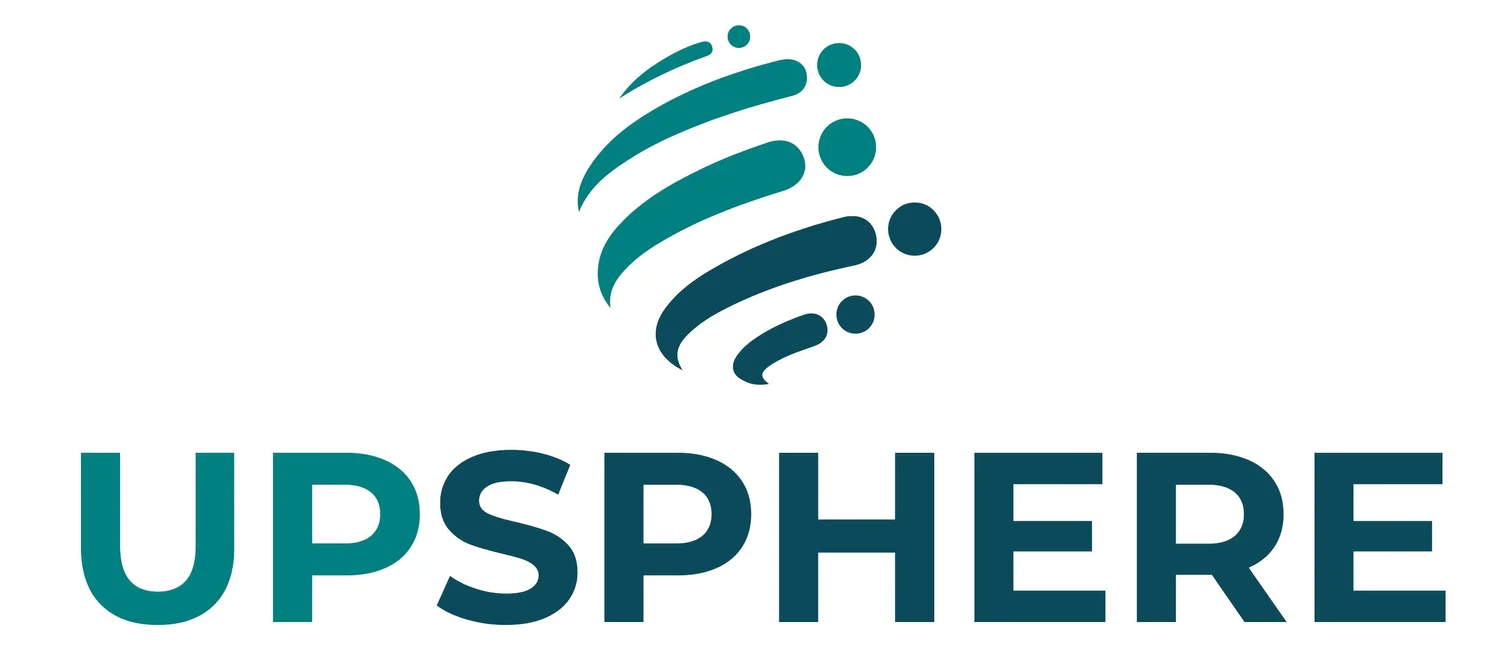AI Integration in HR for Organizational Effectiveness
In today’s fast-paced business landscape, organizations are increasingly turning to artificial intelligence (AI) to streamline their Human Resources (HR) operations, improve decision-making, and foster a more effective and resilient workforce. At UpSphere HR Consulting, we recognize that the potential of AI goes beyond automation—it has the power to transform the very fabric of organizational effectiveness. Drawing insights from leading research organizations such as McKinsey, AIHR, and Accenture, we explore how integrating AI into HR can drive long-term success and help businesses thrive.
1. Enhancing HR Decision-Making with Data-Driven Insights
AI-powered tools are revolutionizing the way HR professionals make decisions. Through the integration of AI algorithms, HR leaders are now able to analyze vast amounts of employee data with unprecedented accuracy. This shift not only enhances decision-making but also helps in identifying trends, patterns, and potential risks that may otherwise go unnoticed.
For example, McKinsey’s research on AI in HR emphasizes how data-driven insights can guide decisions around talent acquisition, performance management, and employee retention. Predictive analytics, powered by AI, can assess the likelihood of turnover, identify potential leadership candidates, and help HR teams tailor retention strategies for top talent.
2. AI and Personalized Employee Experiences
One of the key challenges organizations face today is delivering personalized experiences that foster employee engagement and satisfaction. AI offers HR professionals the tools to craft personalized learning, development, and career paths for each employee. By analyzing employees’ strengths, preferences, and career goals, AI can generate tailored recommendations that align with both the individual's aspirations and the organization’s strategic goals.
According to Accenture’s research, AI can also enable the creation of individualized training programs, ensuring employees receive the support they need to excel in their roles. This personalized approach not only enhances employee experience but also boosts overall productivity by aligning employee growth with organizational priorities.
3. Improved Recruitment and Talent Acquisition
AI is playing a pivotal role in transforming recruitment processes. From automating resume screenings to leveraging machine learning for candidate assessments, AI is helping HR professionals make faster, more informed decisions. AI tools like chatbots and virtual assistants are streamlining candidate communications, providing faster responses to applicants and improving the overall recruitment experience.
AIHR highlights the use of AI in predicting the success of candidates based on historical data, improving recruitment efficiency and accuracy. As a result, organizations are able to fill critical roles faster while ensuring that new hires are a strong fit for both the role and the organization’s culture.
4. Optimizing Employee Performance and Development
AI’s impact on performance management is profound. Traditional performance reviews can be biased and often fail to capture the full spectrum of an employee's contributions. AI offers a more comprehensive and data-driven approach to performance assessment by tracking employee activities, interactions, and achievements in real-time.
AI-powered tools enable HR leaders to provide continuous feedback to employees, helping them identify areas for improvement and recognize achievements as they occur. This real-time feedback fosters a culture of growth and development while improving employee satisfaction and organizational alignment.
5. AI for Workforce Planning and Optimization
Another key benefit of AI integration in HR is its ability to optimize workforce planning. By analyzing data on employee skills, availability, and performance, AI can help HR departments forecast future staffing needs and identify gaps in critical skill areas. This enables organizations to proactively manage talent pipelines and reduce the risk of skill shortages or overstaffing.
AIHR’s research emphasizes the importance of workforce planning tools that integrate AI to assess both short-term and long-term workforce needs. By optimizing staffing levels and skill sets, organizations can improve their operational efficiency and agility, ensuring they are equipped to adapt to changing business environments.
6. AI and Employee Well-being
Employee well-being has become a focal point for organizations worldwide. AI is playing a critical role in identifying factors that impact employee well-being, from stress levels to workload management. AI tools can analyze employee sentiment through surveys, feedback, and even social interactions to flag potential issues such as burnout or dissatisfaction.
AI-powered well-being programs can provide employees with customized recommendations for mental health resources, work-life balance, and wellness initiatives. According to McKinsey, organizations that use AI to monitor and address employee well-being see a direct improvement in employee engagement, retention, and overall organizational performance.
7. AI-Driven HR Automation
At its core, AI in HR allows organizations to automate repetitive tasks, freeing up HR professionals to focus on strategic initiatives. Routine tasks such as payroll processing, benefits administration, and compliance tracking are prime candidates for automation through AI.
By automating administrative processes, HR teams can focus on high-value activities such as talent development, employee engagement, and organizational change management. As a result, HR departments become more agile, effective, and aligned with the organization’s broader business goals.
Conclusion: The Future of AI in HR
As AI continues to evolve, its potential in HR will only expand, providing organizations with new ways to improve organizational effectiveness, enhance employee experiences, and drive business outcomes. The successful integration of AI in HR requires a strategic approach that combines technology with human insight. At UpSphere HR Consulting, we are committed to helping organizations unlock the full potential of AI in HR to create smarter, more efficient, and people-centric workplaces.
AI is not a replacement for human interaction but rather an enabler that empowers HR professionals to make data-driven decisions, enhance employee engagement, and build stronger organizational foundations. By embracing AI in HR, organizations can stay ahead of the curve and position themselves for long-term success in an increasingly digital world.
Ready to Transform Your HR Strategy?
Explore how AI can transform your HR operations and organizational effectiveness with UpSphere HR Consulting. Get in touch with us today to learn more about our tailored AI readiness services and how we can support your HR transformation journey.
